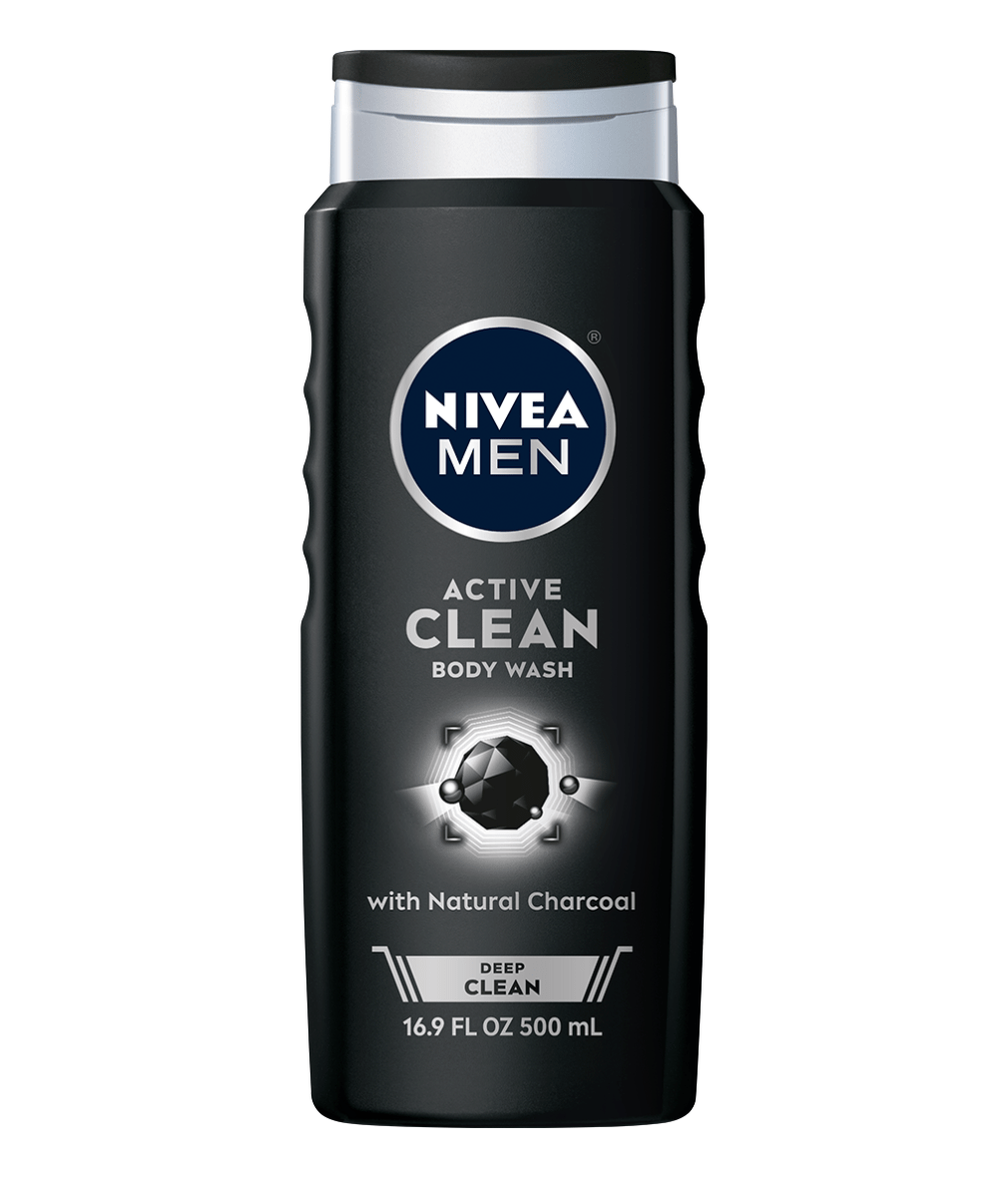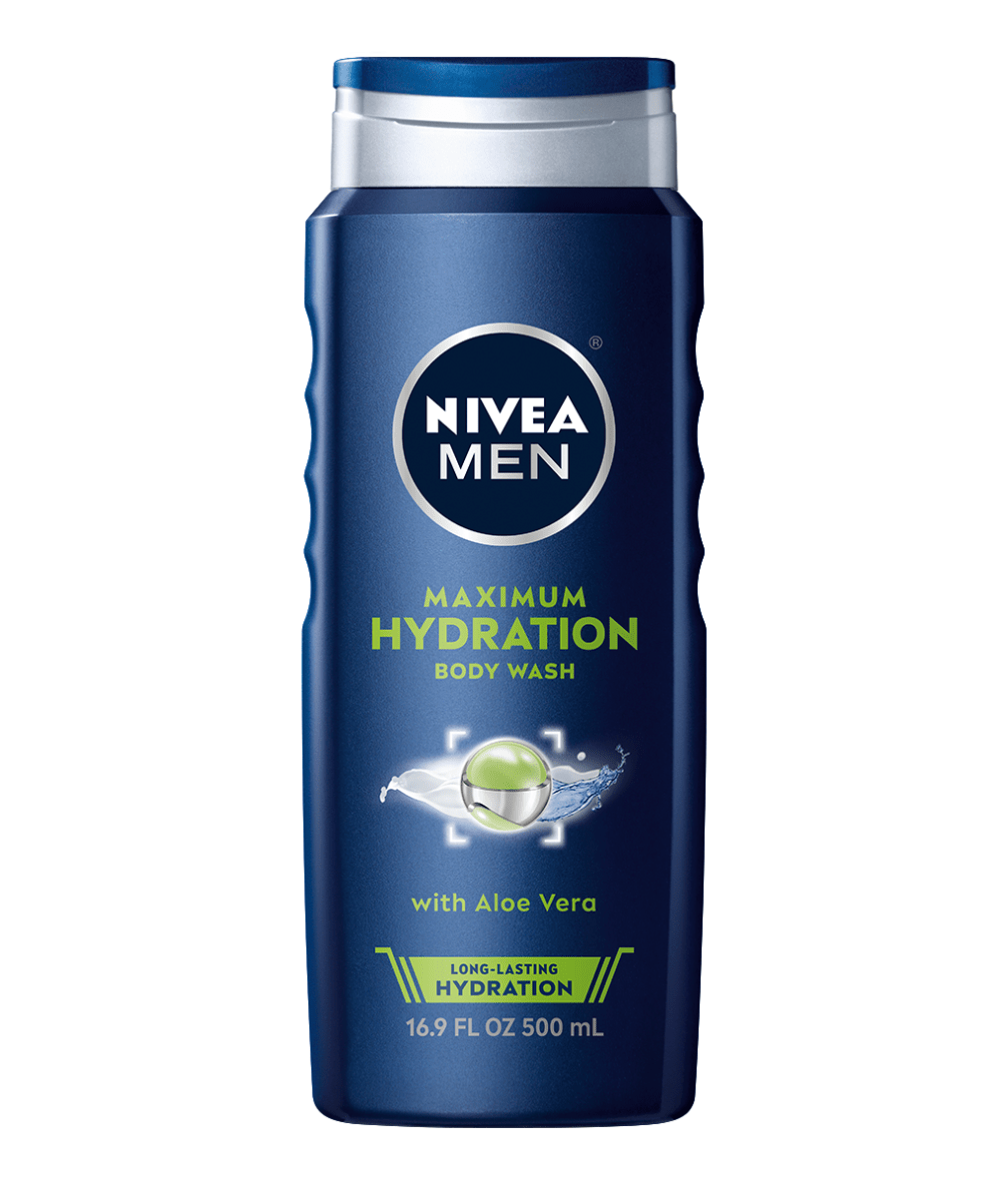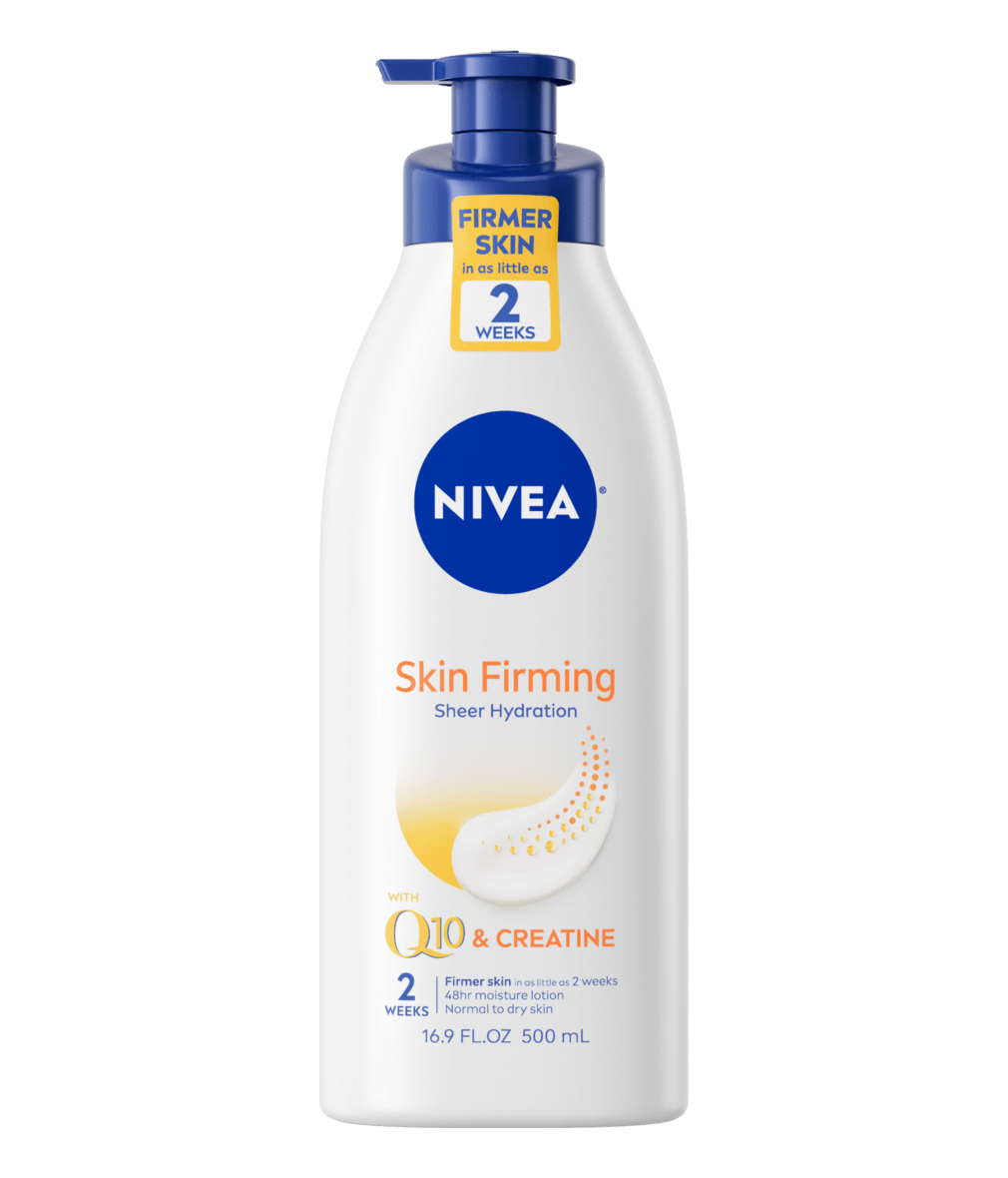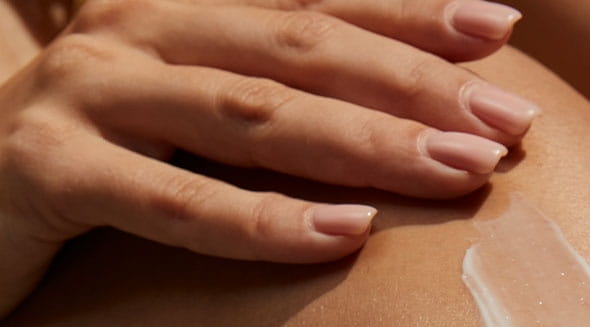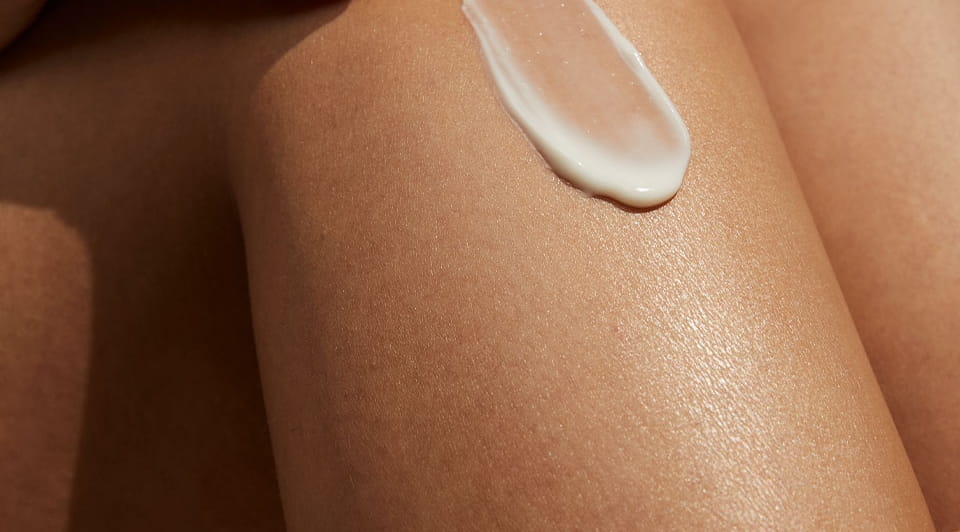Freshwater is a vital yet limited resource. For our sustainable skincare products, Beiersdorf globally is working to minimize water consumption in our production processes. We have committed to specific and measurable targets: by 2025, we plan to have reduced our water consumption by 25 percent per manufactured product versus the 2018 baseline. To achieve this target, we will implement water recycling options and reuse wastewater wherever possible.
As the availability of freshwater is dependent on location, we conduct annual water risk analyses for all our production sites. In these analyses, we look closely at the regional availability of freshwater, the respective water quality, and the freshwater requirements of the communities neighboring our production sites. These are all important factors in the production of sustainable skincare.

